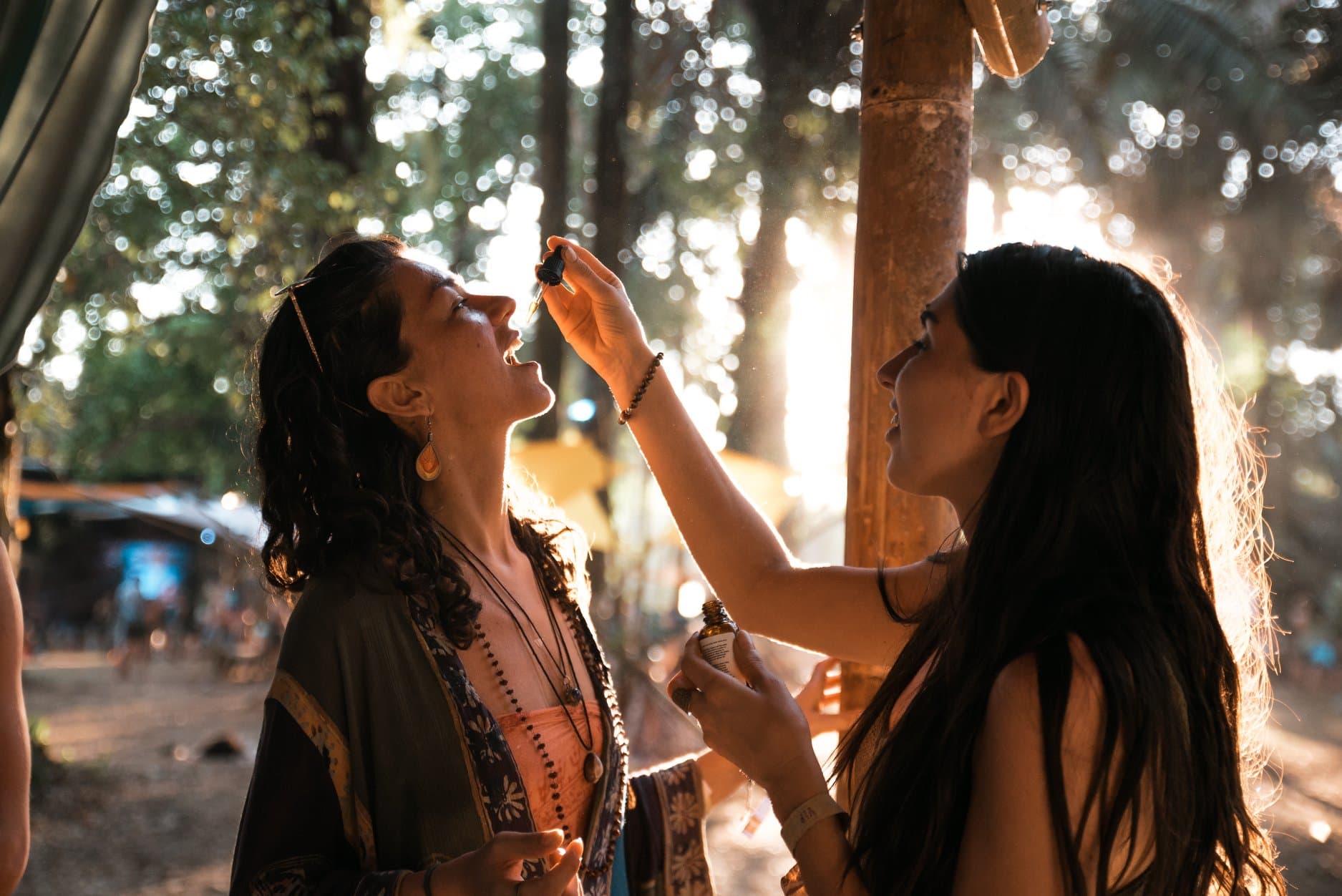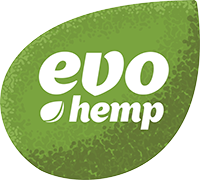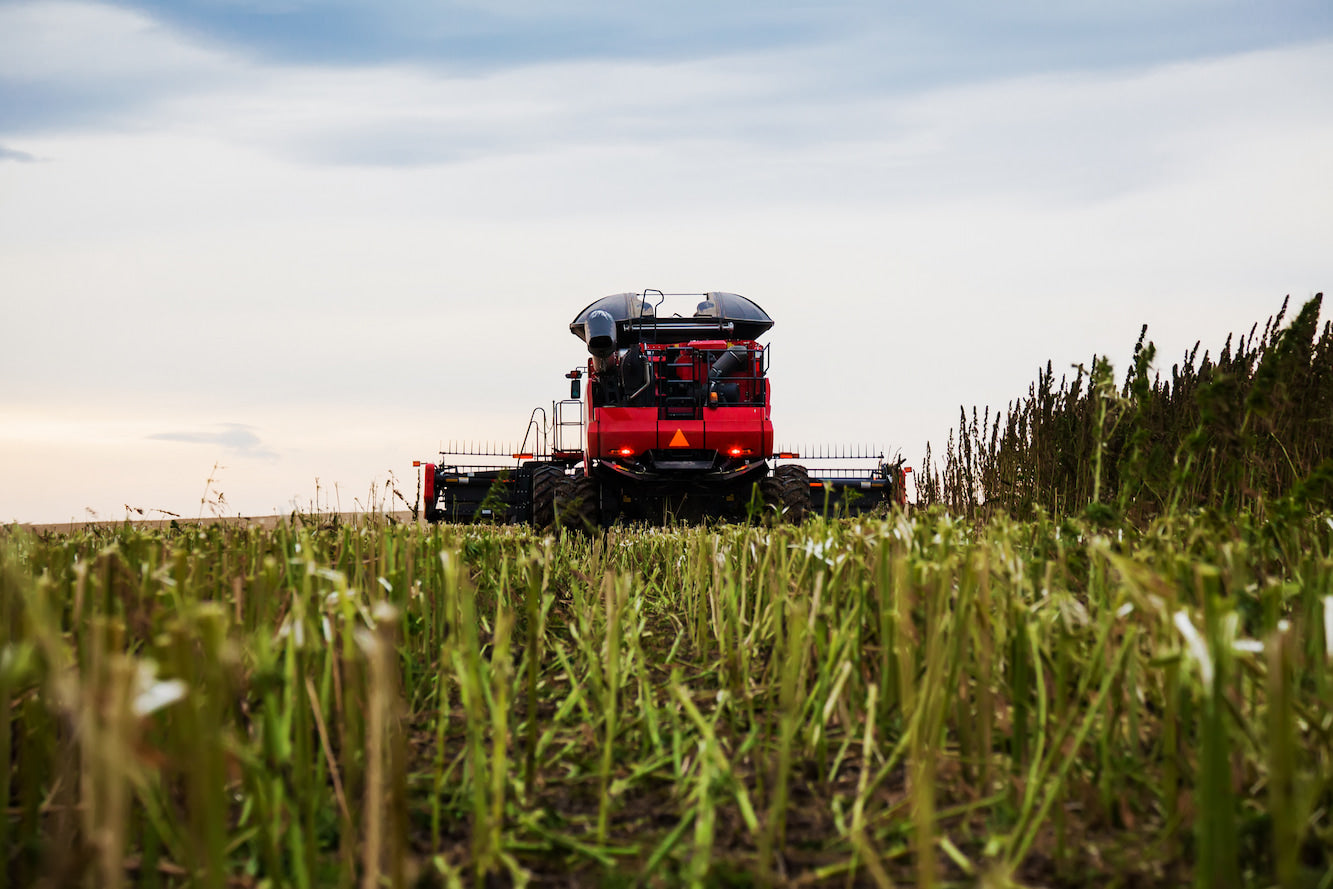CBD Oil vs. CBD Tincture: What's the Difference?

When it comes to the CBD products that come in liquid form with a dropper that can be placed directly under the tongue, “oil” and “tincture” are often used interchangeably. But the two are technically not the same thing.
If this is news to you, you are not alone. Many companies that sell CBD have conflated the two terms, and because they can look and behave similarly, it’s easy to assume they are exactly the same.
To understand what makes these two options different and help you decide inside which is the best fit for you, let's look into each of them a little further.
What Sets CBD Tinctures and CBD Oils Apart?
Both tinctures and oils serve as ways to introduce CBD into the body. CBD is one of the main active ingredients in the cannabis plant, and it can benefit your overall well-being without causing any psychoactive effects.
While the physical appearance, usage, and effects of CBD tinctures and CBD oils may be similar, the way each is made is what sets them apart.
How Are CBD Tinctures Made?
Tinctures are made by soaking the cannabis plant’s leaves and flowers in an alcohol and water solution. High-proof alcohol is used for the base, which will extract the plant compounds. This allows the plant cannabinoids, flavonoids, and terpenes found in the hemp plant to absorb into the mixture, infusing all of the nourishing plant parts into the solution.
This soak can happen for weeks, or even months at a time before reaching completion. Once that happens, the liquid is separated from the plant pulp through a filtration process, where the pulp gets strained out.
A true CBD tincture will typically contain about 60-70 percent alcohol content. This gives the tincture a shelf life of three to five years–longer than the shelf life than most CBD products. However, it can also cause the final product to have a bitter taste that doesn’t quite do it for most people.
To brighten up the flavor, tinctures may be mixed with sweeteners or herbal extracts.
While the word “tinctures” is a popular one in the world of CBD, there are actually very few tinctures actually out there. The word has become somewhat co-opted, and a lot of products that are labeled tinctures are really CBD oils.
To see if a product is a true tincture, check the label to see if alcohol is listed in the ingredients. If there’s no alcohol content, it’s likely an oil.
How Are CBD Oils Made?
CBD oils are created by mixing extract from the cannabis plant into a carrier oil, such as MCT oil or hemp oil.
Oils can be easily incorporated into smoothies, teas, and baked goods due to their oily base. Some people also prefer oils to tinctures because they don't have any alcohol content (although you can always check the label to be sure of a specific product's ingredients).
Instead of soaking parts of the cannabis plant in alcohol to extract all the beneficial compounds within, extract for CBD oil is done through an extraction process called supercritical CO2. This method does not dampen the quality, sustainability, or bioavailability of the plant compounds. CBD oils also tend to have fewer ingredients than tinctures.
How Should I Choose Between Tinctures and Oils?
Tinctures are a great full-spectrum option that allows you to enjoy all of the different plant parts that have soaked into the solution, which work synergistically to produce the entourage effect. Some people may prefer the alcohol-based tincture if they are sensitive to oils, especially if ingesting oils can upset their stomach.
Because CBD extract is used to create oils, there is more flexibility with what other plant parts are included. A CBD oil can use full-spectrum, broad-spectrum, or isolated CBD, meaning that you have more options when it comes to choosing a CBD oil. You may also prefer CBD oil if you don’t enjoy the taste of alcohol.
Should I Use Full-Spectrum, Broad-Spectrum, or Isolated CBD?
Whether you’d prefer a full-spectrum, broad-spectrum, or isolated CBD oil or tincture is really about personal preference, and whether you want any traces of THC in your product. Read on to learn more about each option.
Full-Spectrum CBD
Full-spectrum CBD contains all of the nourishing plant parts found in the hemp plant: the cannabinoids, terpenes, and flavonoids. This also includes federally legal trace amounts of THC (0.3% or less).
Together, these plant parts work with one another to create what is known as the entourage effect. Basically, all of the different plant parts work together to strengthen the benefits CBD has to offer, making this a popular option when it comes to using CBD for physical and mental wellbeing.
Broad-Spectrum CBD
Broad-spectrum CBD includes all of the hemp plants terpenes, flavonoids, and cannabinoids except THC. This option can be great for anyone who wants to experience the synergistic effects of the plant parts working together, but is sensitive to THC, or is worried about the possibility of THC showing up in a drug test.
Isolated CBD
CBD isolate is an extract that consists only of the CBD cannabinoid, with no other plant parts included. If you are interested in using a pure form of high potency CBD, CBD isolate is for you!
What Are the Benefits of CBD Oils and Tinctures?
Because the CBD from both oils and tinctures can be absorbed into the bloodstream where they can work with the body’s endocannabinoid system to help the body maintain homeostasis, either can be used to achieve the same effects.
Soothing Body Tension
When you are feeling soreness or discomfort in any part of the body, the endocannabinoid system produces endocannabinoids to help bring relief. CBD is able to support the endocannabinoid system in soothing tense muscles or tired joints.
Calming the Mind
If you ever feel jittery from nervousness or have stress keeping you up at night, CBD can help promote relaxation by supporting the endocannabinoid system in helping to regulate stress signals in the body.
How Should I Take CBD Oils and Tinctures?
Both CBD tinctures and oils can be taken orally. You can use a dropper to put either directly under the tongue, which supports faster absorption.
You can also add a few drops of either an oil or tincture to food or drink. This is a preferred method if you don’t like the taste of the alcohol in a tincture, or if you aren’t a fan of the natural taste of CBD in an oil, which can have a nutty, earthy flavor.
When consumed, tinctures and oils typically take one to two hours to take effect.
Some CBD oils can even be applied directly to the skin. CBD can help maintain skin health by supporting hydration and soothing localized sore muscles. Carrier oils like coconut oil or hemp seed oil can also help nourish the skin. Applied topically, you can often feel the effects of CBD on the skin and nearby muscles within minutes!
CBD tinctures, on the other hand, won’t do your skin any good, as the alcohol base provides neither skin support nor enough bioavailability to help the skin absorb the CBD (in fact, alcohol has a drying effect on the skin, probably the exact opposite of the effect you’re looking for — sorry).
What Should I Look For When Purchasing Tinctures and Oils?
Whether you are interested in oils, tinctures, or experimenting with both, you’ll want to ensure you are using high-quality ingredients from a trusted company.
Check that they are third-party tested with their certificate of analysis publically available — this ensures that the ingredients and dosage are accurately measured and indicated. At evo hemp, you can find our certificate of analysis for each product right on the product page!
There are also different strengths of CBD oils, tinctures, and oil products that you can experiment with based on your previous experience with CBD and what you plan on using it for.
Whether you use tinctures or oils, you’ll want to start using CBD in small doses–typically between five to ten mg–and work your way up by ten mg at a time until you feel the desired effects!
Other than that, it’s all about what you prefer! Look for options that include flavors or aromas you find calming, or pair the CBD with other vitamins, herbs, or oils that intrigue you.
At evo hemp, we have all different types of consumable and topical CBD products to promote relaxation and support your wellbeing in a way that works for you!
Sources:
Cannabinoids as novel anti-inflammatory drugs | Future Med Chem
Cannabidiol as a Potential Treatment for Anxiety Disorders | Neurotherapeutics
- Tags: CBD



